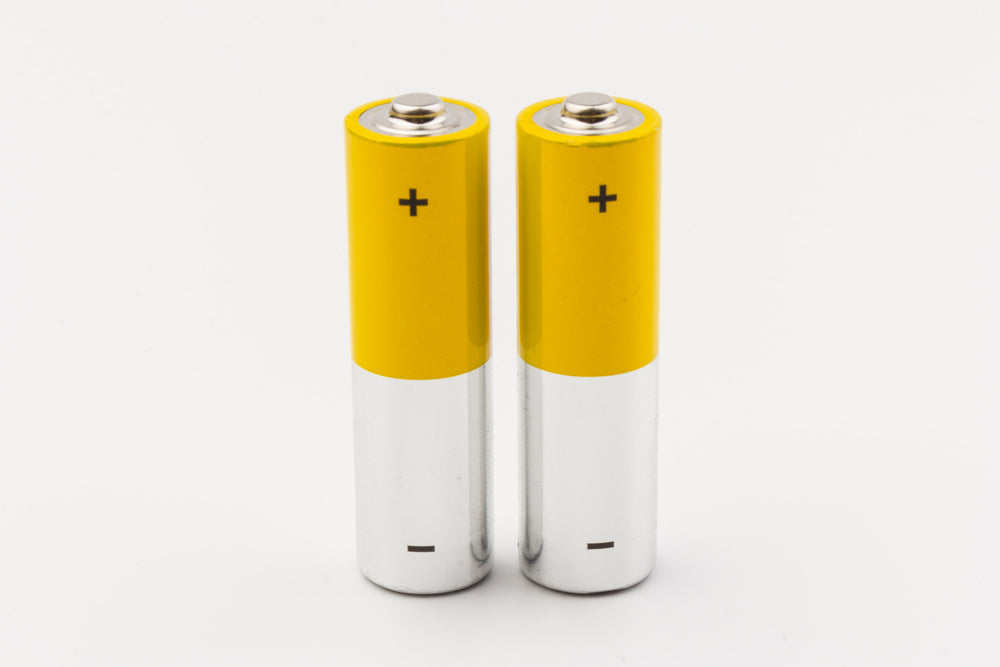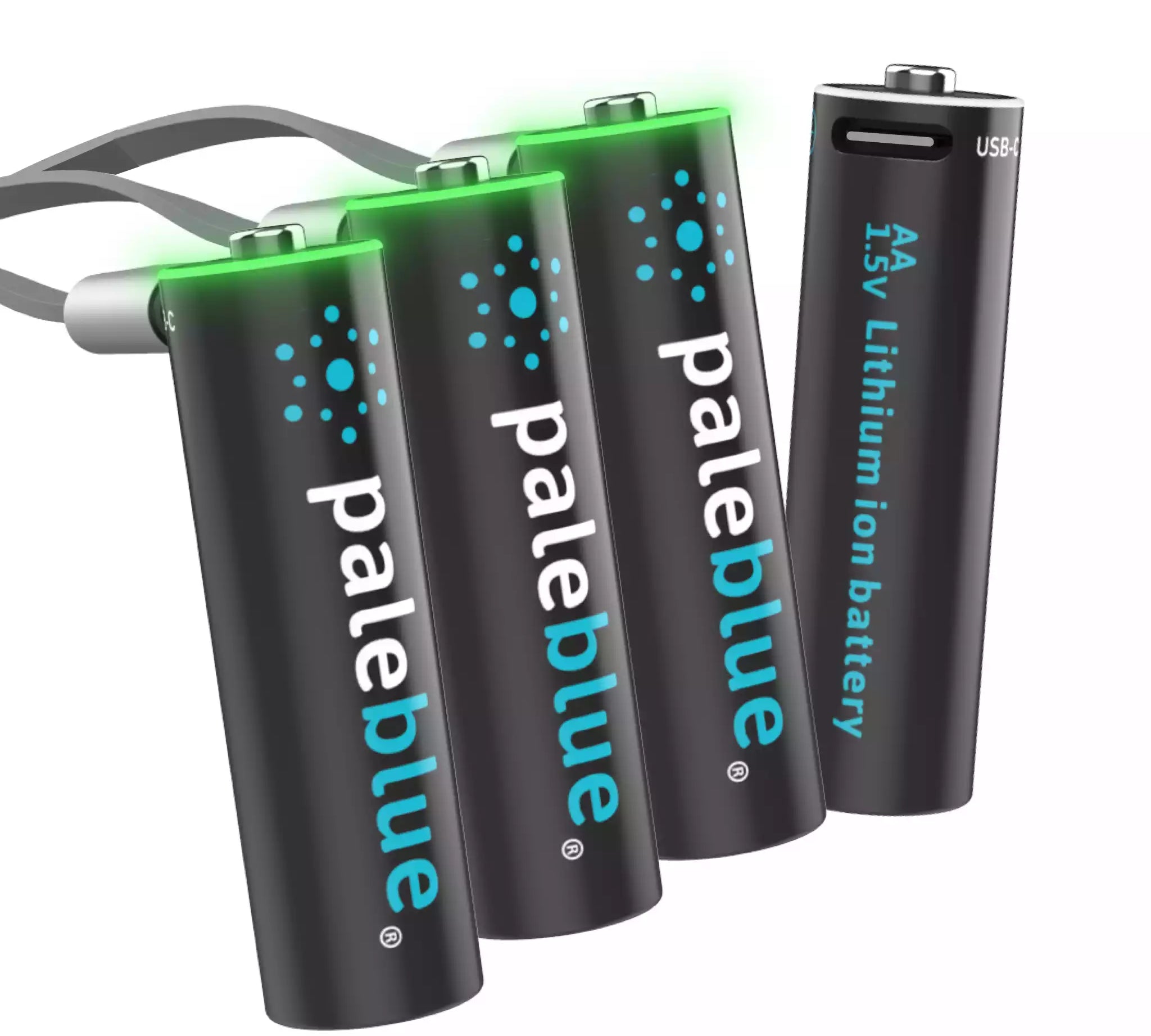Sustainability Perspective Is a Steward of the Land

Ask ten people to describe what sustainability looks like and you are likely to get some variation in their answers. That's okay. Sustainability isn't a single exercise or action. The principle itself is actually quite broad. With that said, Tractor Supply proposed an interesting perspective in a recent report: that they are stewards of the land.
We will not get into the details of that report or why the company issued it. Rather, this post will focus on the idea of being stewards. A steward is a person tasked with the responsibility of managing someone else's resources. A steward of the land would manage a landowner's property.
A big part of stewardship is mitigating losses. An adequate steward maintains what they have been given charge over at its current level or value. But a good steward seeks to increase the value. That's kind of the way we look at sustainability. We want to be stewards who actually add value to the land.
Mitigate the Harm
Prior to the industrial revolution, the world was a hugely different place. Unfortunately, humanity forgot about sustainability somewhere along the way. By the time we figured out we were not being as sustainable as we once were, a lot of damage had already been done.
Our major task right now is to mitigate as much harm as we possibly can. Adding value is a worthwhile goal if you are fortunate enough to be in a position to do so, but for most we should first focus primarily on the harm modern life is doing to the planet and humans alike. (But let’s proceed carefully, Chesterton’s fence is a wise concept worth remembering).
This is the very reason Paleblue exists. Some fifteen billion disposable batteries are manufactured every single year. The majority of those batteries wind up either in landfills or incinerators. Modern society's way of dealing with spent batteries is causing harm. We need to mitigate that harm while looking for ways that we can also add value.
Keeping Batteries Out of Landfills
Paleblue Earth was built on the idea of keeping batteries out of landfills. A single USB-C rechargeable AAA battery from our brand can be recharged 1000+ times. So at minimum, we’d hope each single battery you buy eventually takes hundreds of batteries (they are rated for 1000 cycles) out of the waste stream. Our lithium ion batteries are also recyclable.
That is extraordinary on its own. But if you recycle that battery at its end of life, you keep yet another unit out of the waste stream. What if everyone did that? Think about how many billions of batteries would never be buried in the ground or thrown into a raging fire.
Keeping disposable batteries out of landfills seems like such a small thing. But that's only because we tend to think of batteries only in terms of the few that we keep stored in the junk drawer. We never consider the fifteen billion that are manufactured every year.
Being a Good Steward
We cannot do everything necessary to make the world more sustainable. We can only do our part. And from our point of view, working to keep alkaline batteries out of landfills is a big step toward being good stewards of the land. We protect the land by limiting the amount of trash we bury in it. We protect the air by limiting the amount of pollution we add to it.
How do you feel about the concept of being a steward of the land? When you think in those terms, things like recycling and waste reduction take on a whole new meaning. The thing is that we are all stewards. But none of us can tackle the whole planet or even one mountain alone.
It's a mindset that adds a new level of long term responsible thinking to sustainability.
- Tags: Sustainability







